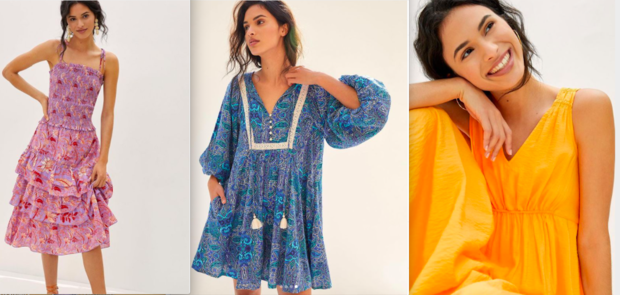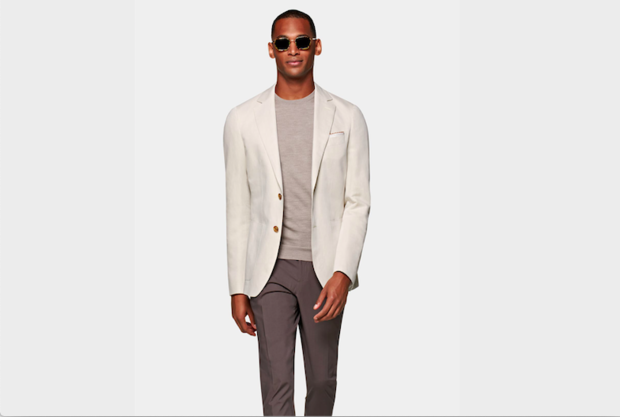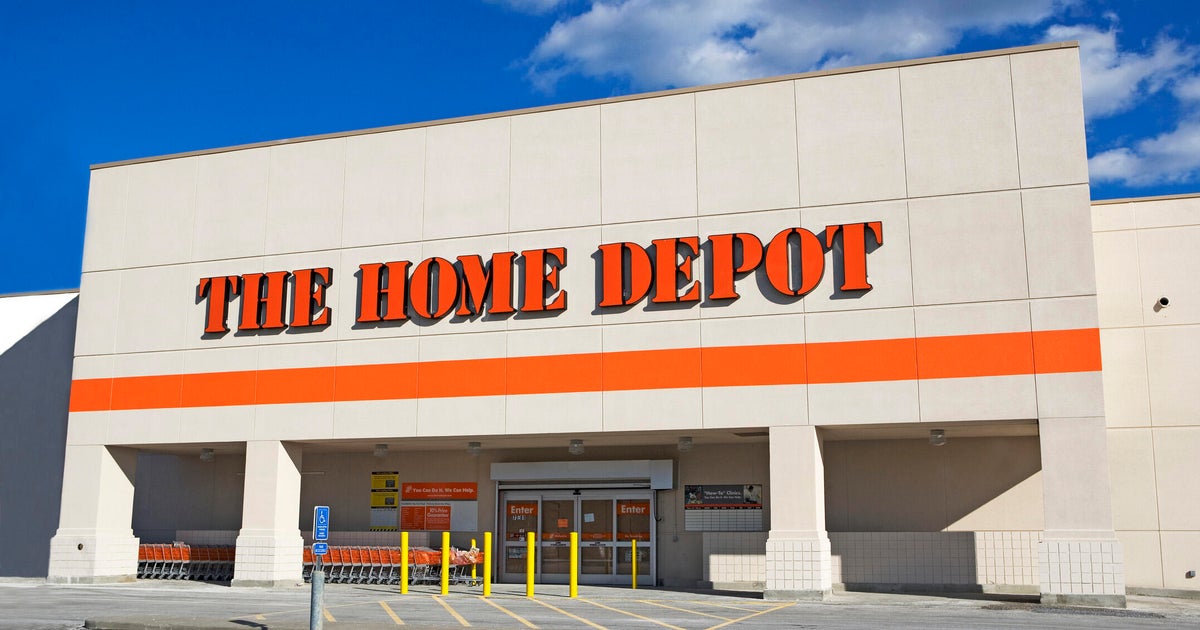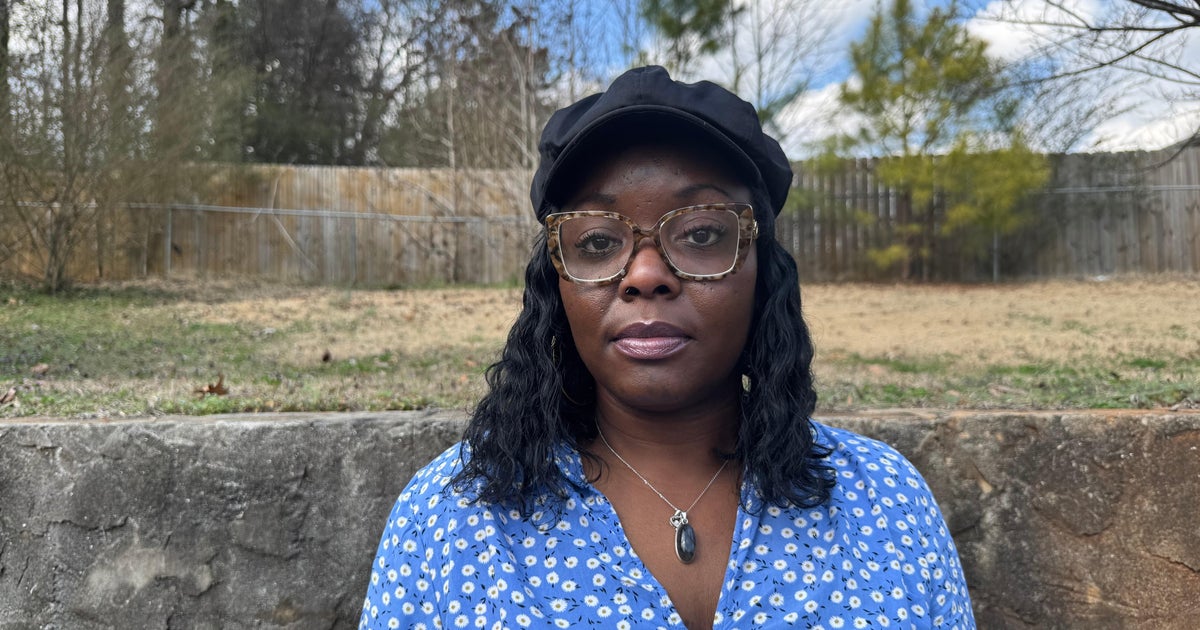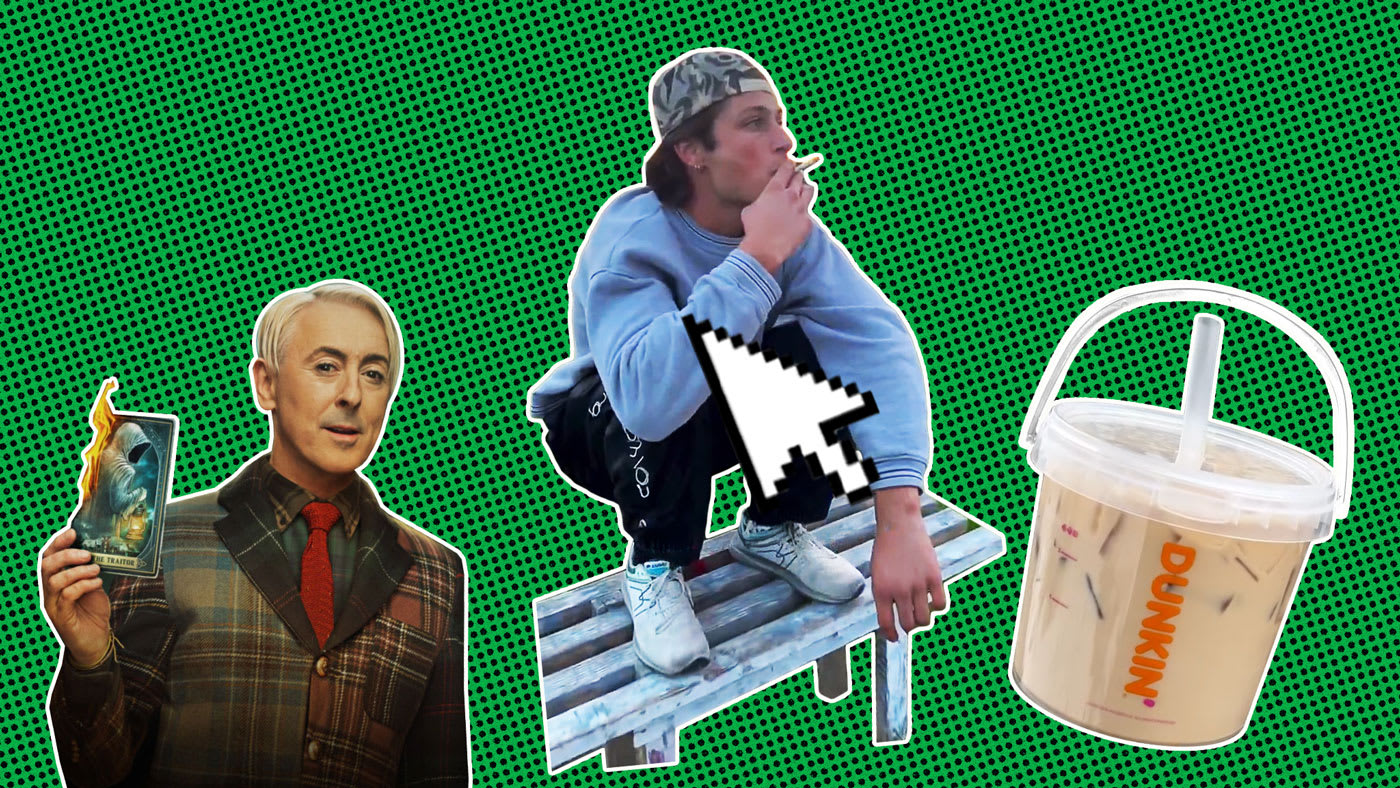Is it time to ditch the sweatpants? Consumers eyeing dressier fashion styles again
Fewer cases of COVID-19, more vaccine appointments, open restaurants and opportunities for travel all mean one thing: Americans are starting to emerge from behind their computer screens to socialize in person again, prompting a desire to dress up, or at least get out of those sweatpants and slippers and look presentable from top to bottom for the first time in a while.
A year ago, when vacations were cancelled, weddings were postponed and workers were sent home from offices, Americans were quick to swap suits, dresses and other formal wear for more relaxed clothing. While apparel sales on the whole dropped, sales of items including sports bras and sweatpants grew 7% and 2%, respectively, according to the NPD Group, a market research company.
Now, as the pandemic drags on, there are early signals that consumers are getting sick of their stay-at-home wardrobes. Richard Hayne, the CEO of URBN, the parent company of Urban Outfitters, Anthropologie and other apparel brands, said on the company's most recent earnings call that he's seeing signs of customer interest in "going-out type apparel," such as dresses and men's slacks.
Indeed, Americans are raring to go shop in stores, eat at restaurants and travel for vacation once again. The Transportation Security Administration (TSA) screened more than 1.4 million passengers Thursday, making it the busiest travel day of 2021 so far, and the highest traffic day in more than a year. Airlines report that an uptick in leisure travel is driving new bookings.
Naturally, consumers are expected to "make related purchase of items such as new clothes, shoes or accessories" to prepare for these kinds of activities, a National Retail Federation spokesperson said in a statement to CBS MoneyWatch.
Dresses, dresses, dresses
Hayne, of URBN, expects the vaccine, coupled with the gradual loosening of pandemic-related restrictions, will only accelerate this shift as Americans start to feel more comfortable venturing outside their homes.
Sales trends at Anthropologie, an URBN-owned contemporary clothing, jewelry and home decor brand for women, reflect this hunch. During the last week in February, seven of the retailer's top 10 best-selling items were dresses, marking "a very striking change" from the previous year," Hayne said during the company's earnings call.
"So I think that we're beginning to see, I guess, what I'm calling 'go out fashion' start to take hold," he added.
A desire to distance oneself from the self-seclusion of lockdown, which the sight of sweatpants evokes for many people, is also driving renewed interest in dressier clothing styles.
"People are climbing out of their skin; they want some normalcy again, and that includes getting dressed as if we are adults as opposed to spending all of our time in pajamas, sweats and old clothing," said Mark Cohen, director of retail studies at Columbia Business School.
"Makes you feel alive and fun again"
It's unclear if the sweatpants trend will ever fade, but consumers are certainly drifting toward clothing that's suitable to wear out of the house.
"After 12 months of social distancing, self-quarantining and working from home, the consumer is eager for new experiences. They are chomping at the bit to wear different clothes and to express themselves through fashion," said retail expert Marie Driscoll of Coresight Research, a market research firm. "At this point what casual clothes do is they are a reminder of social constraint. You want to put something on that makes you feel alive and fun again," Driscoll added.
The gradual reopening of the economy also signals that a slow recovery of the retail business is on the horizon.
"It's as if a forest fire wiped out landscape, it's barren, and green shoots are beginning to emerge from the ashes," Cohen of Columbia Business School said.
Hardest-hit retail categories drive growth
Indeed the apparel business as suffered tremendously over the course of the pandemic. Between March and July 2020, overall apparel sales were down 34% compared to the same period one year earlier, according to NPD Group.
"We are starting to see some of those categories that were ailing so badly like the apparel business, swimwear, accessories and beauty all get some activity," said Marshal Cohen, apparel industry advisor at NPD Group. "People are starting to pay attention to social progression rather than social recession. We're getting out and doing things, we're getting together with friends more frequently."
The latest point-of-sale data shows that for the week ending March 13, general merchandise sales were up 18%, buoyed in part by the latest round of stimulus checks.
The hardest-hit retail categories, including apparel, accessories, footwear and beauty sales helped drive some of that growth, according to Cohen.
"These industries have spent most of the past year displaying negative growth and here we are as consumers start to prepare to live a more social progressive lifestyle and get out. Their spending is reflecting it," he said.
Pendulum swings toward suiting
Fokke de Jong, the CEO of Suit Supply, a men's tailored suit company, started to sweat around this time last year when business grounded to a halt.
"We make products that people wear when they have a social thing going on, like dinners, dates, weddings, meetings, bar and bat mitzvahs and they want to look nice," de Jong told CBS MoneyWatch. "So all of these demand streams came to a standstill."
He's calmer now after seeing Suitsupply's business in Asia, where the pandemic has already been largely contained, rebound so quickly. He's so optimistic that classic suiting will continue to anchor male wardrobes that the company has plans to open new stores and hire additional staff.
"We were pretty nervous, but fortunately what we also saw pretty quickly was our business in Asia, when social life came back, demand started coming back right away," de Jong said.
The pendulum even swung in the other direction, aiding sales. "We even saw a counter effect when things got back to normal. For most people experiencing this pandemic, it's not been the happiest time of their life," he said. "So the clothes they've been wearing are not something they are going to want to connect to after."
